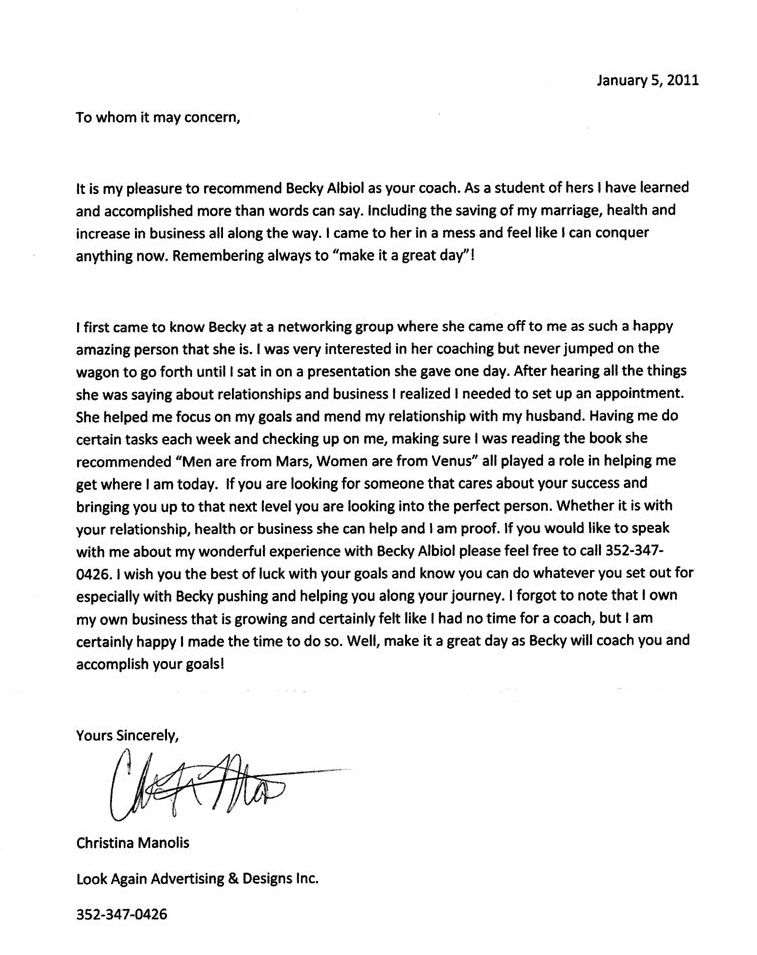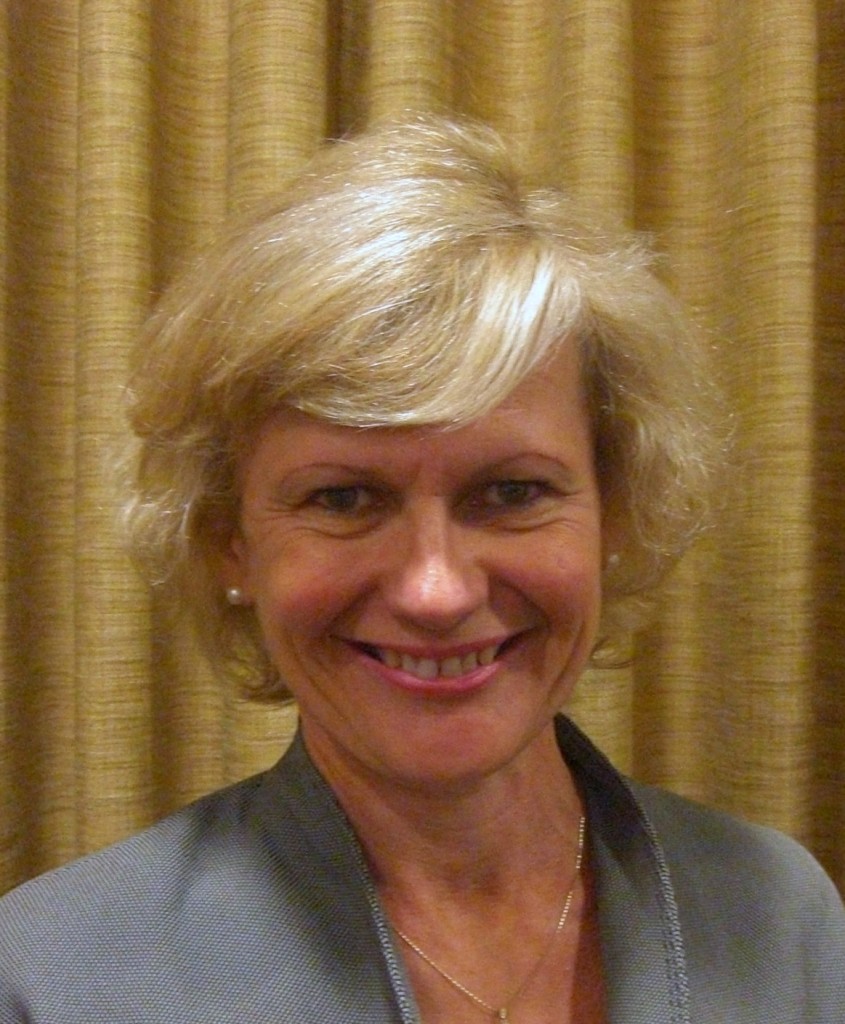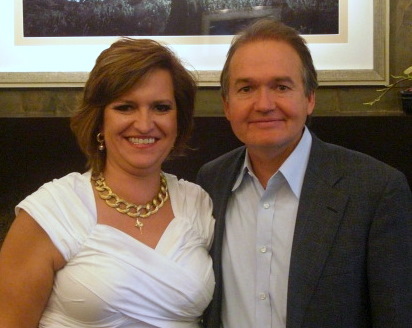Mike Myatt, Contributor, Forbes Magazine 5/1/12
Creating or expanding business relationships is not about selling – it’s about establishing trust, rapport, and value creation without selling. Call me crazy, but I don’t want to talk to someone who wants to manage my account, develop my business, or engineer my sale. I want to communicate with someone who desires to fulfill my needs or solve my problems. Any organization that still has “sales” titles on their org charts and business cards is living in another time and place, while attempting to do business in a world that’s already passed them by.
Engage me, communicate with me, add value to my business, solve my problems, create opportunity for me, educate me, inform me, but don’t try and sell me – it won’t work. An attempt to sell me insults my intelligence and wastes my time. Think about it; do you like to be sold? News flash – nobody does. Now ask yourself this question, do you like to be helped? Most reasonable people do. The difference between the two positions while subtle, is very meaningful.
The traditional practice of sales as a business discipline has become at best ineffective, and in many cases flat out obsolete. You see, good business practices are not static. Stale methodologies and disciplines simply die a slow and very painful death, and it is my contention the overwhelming majority of sales processes I see in today’s marketplace are just that – stale.
The problem with many sales organizations is they still operate with the same principles and techniques they were using in the 60′s, 70’s and 80’s. While the technology supporting sales process have clearly evolved, the traditional sales strategies proffered by sales gurus 20 or 30 years ago have not kept pace with market needs. They are not nearly as effective as they once were, and as I’ve alluded to, in most cases they are obsolete.
Trust me when I tell you that your existing and potential clients have heard it all before. They can see the worn-out, old school closes coming a mile away. They can sniff antiquated selling strategies, and will immediately tune out on presentations not deemed relevant. If your sales force is still FAB-selling, spin-selling, soft-selling or using any number of outdated, one size fits all selling methodologies, your sales are suffering whether you realize it or not. If you want to create revenue, increase customer satisfaction, and drive brand equity, stop selling and start adding value.
Lest you think I’ve lost my mind, I want to be clear that I’m not advocating taking your eye off the revenue creation ball. Rather what I’m recommending will help you generate more revenue, with greater velocity by simply doing the right thing in putting your customer’s needs first.
I hear a lot of noise about the tough economy, and revenue being down for many companies. I hear complaint upon complaint that companies just don’t have money to spend, and that nobody is buying. If you’re experiencing this type of reaction from your customer, it’s not because they don’t have money to spend, it’s because you’re selling and not adding value. It’s because you’re talking and not listening. It’s because you don’t get it.
It’s not about you, your company, your products or your services. It’s about meeting customer needs and adding value. When you start paying more attention to your customer needs than your revenue needs, you’ll find you no longer have a revenue problem to complain about.
So, my first suggestion is you change nomenclature. Clients are people not fish. Don’t “lure” or “hook” them – engage them, listen to them and serve them. Eliminate the words “suspects” and “prospects” from your vocabulary and replace them with potential clients. Think about it – do you establish trust by profiling and targeting prospects, or by attempting to understand the needs of a potential client? This is much more than a semantical argument – it’s a philosophical shift in thinking, and a practical shift in acting. Stop selling and start serving.
The truth is most corporations have a hierarchy of sales that comes with a very established and entrenched pecking order. The enterprise sales folks and key accounts reps sit atop the food chain, followed by inside sales reps, and at the bottom of the ladder you’ll find the customer service reps. The hunters are revered and the farmers are tolerated. Regardless of the titles being used, this entire concept of sales is so antiquated it’s laughable. Frankly, most people I know would rather talk to a knowledgeable customer service person over a sales rep any day of the week. The reason for this should be obvious – the perception is a customer service professional is providing information and helping them meet their needs. A sales person is trying to sell them something.
It’s time for companies to realize that consumers have become very savvy and very demanding. Today’s consumer (B2B or B2C) does their homework, is well informed, and buys…they are not sold.
If customer centricity is a buzzword as opposed to the foundation of your corporate culture then your leadership has some work to do. The reality is until I know that you care more about meeting my needs than yours, you’ll remain on the outside looking in. By the way, in order to understand my needs you have to actually know something about me…
Since the large majority of all buying decisions either begin or conclude on the Internet, you better be visible online. In addition to the basics of search engine optimization and traditional search engine marketing, I would strongly suggest getting involved in social networking. Just by having a presence on Twitter, Facebook, Google+, LinkedIn, YouTube and other social networking platforms, you not only open-up a new communications channel to your existing clients, but you also make yourself readily available to those looking to find what you have to offer.
Teach your sales force to become true professionals focused on helping their customers for all the right reasons vs. closing the big deal for personal benefit. To do otherwise will lead to missing substantial opportunities without even being aware of it.
The most important factor in creating revenue and building brand equity is the client/customer/end-user. If you don’t engineer everything around the client, your client relationships will vanish before your very eyes. Don’t be just another vendor, become a trusted adviser and advocate.



